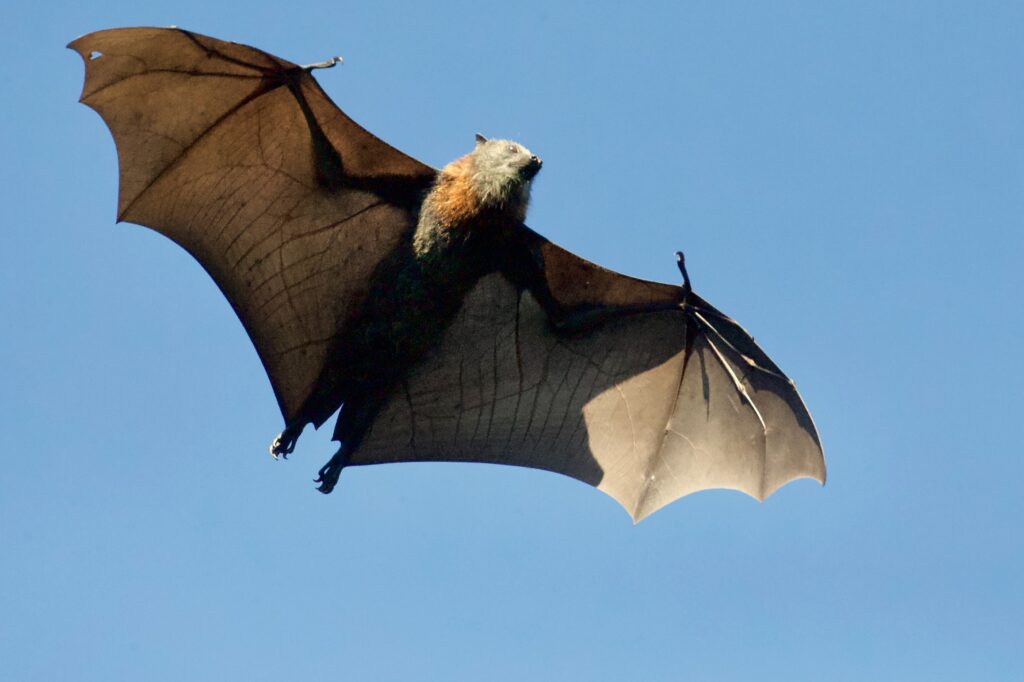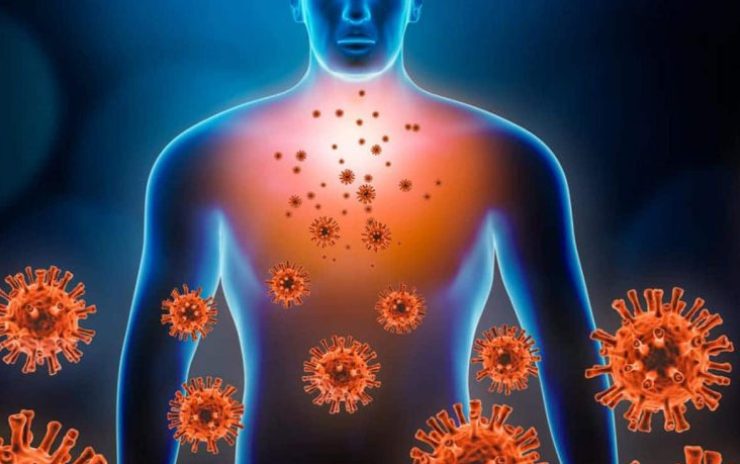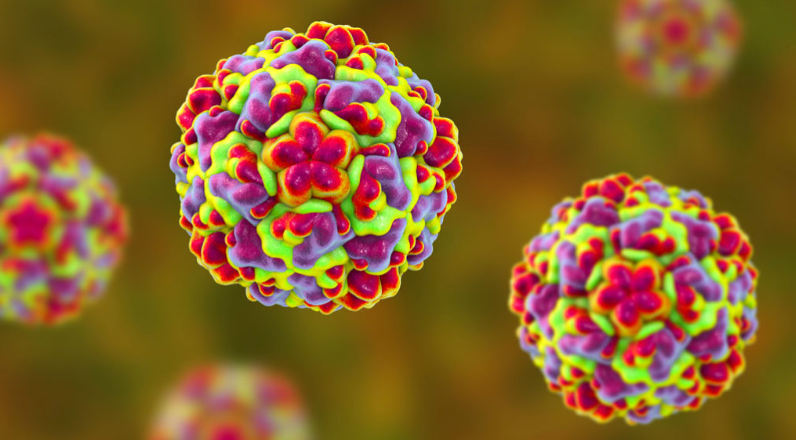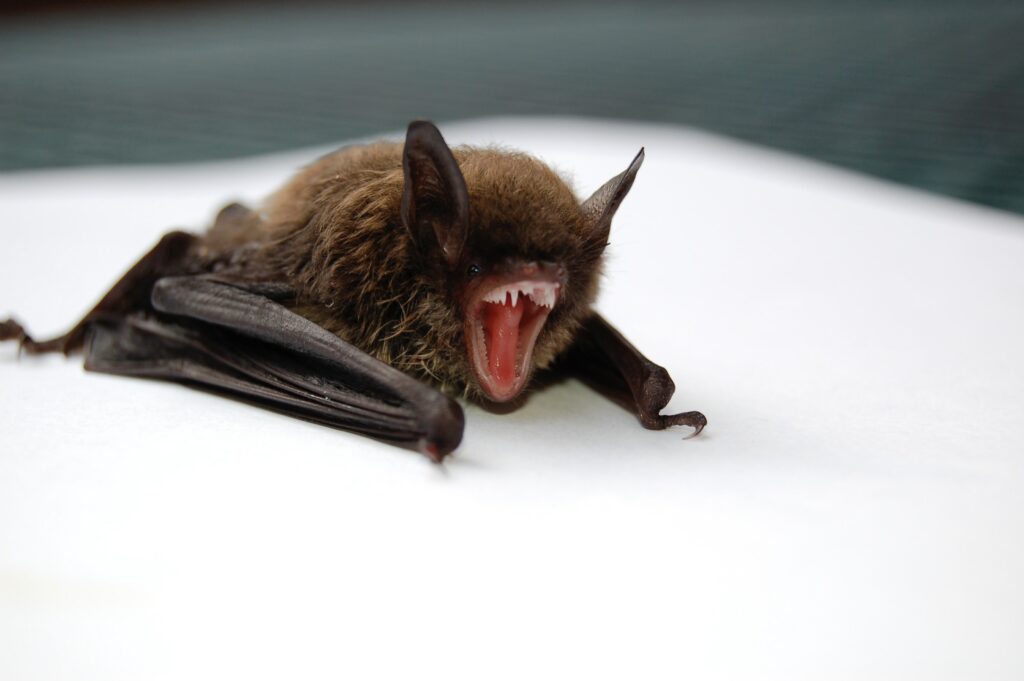Can bats’ immune defenses be so deadly to people?

When it comes to viruses, those in bats are strangely deadly, at least to humans. Mammals can carry many viruses with the potential to cause serious disease in people, including rabies, Ebola, Nipah, severe acute respiratory syndrome, SARS, and others.
Previous work suggests that a bat’s immune system is uniquely adapted to tolerate viruses, thanks in part to its ability to limit inflammation. Now, a study using cells grown in a lab suggests that to counteract a bat’s immune defenses, these viruses have gotten good at spreading rapidly from cell to cell; that means that when they get into animals without similarly strong immune systems, the viruses are particularly adept at doing serious damage.

Scientists have pointed to bats as potential sources of several viral outbreaks in humans. Insect-eating bats may have been the source of the 2014-16 Ebola outbreak in West Africa, Egyptian fruit bats (Rousettus aegyptiacus) harbor Marburg virus, an Ebola-related hemorrhagic virus, other bat species they are SARS-like reservoirs of coronaviruses, possibly including one that sparked an ongoing outbreak in China.
Pathogens can only spread so fast internally before they kill their host, but if the host has an immune system that can defend against rapidly spreading viruses, a virus could evolve to infect new cells even faster than it would in a different environment, in a kind of arms race.

While bats carry many deadly viruses, closely related animals are more likely to pass viruses to each other; bats and humans are not close relatives. No es probable que los virus de los murciélagos se propaguen a las poblaciones humanas, es solo que cuando lo hacen, son virulentos, comentan científicos.




Responses